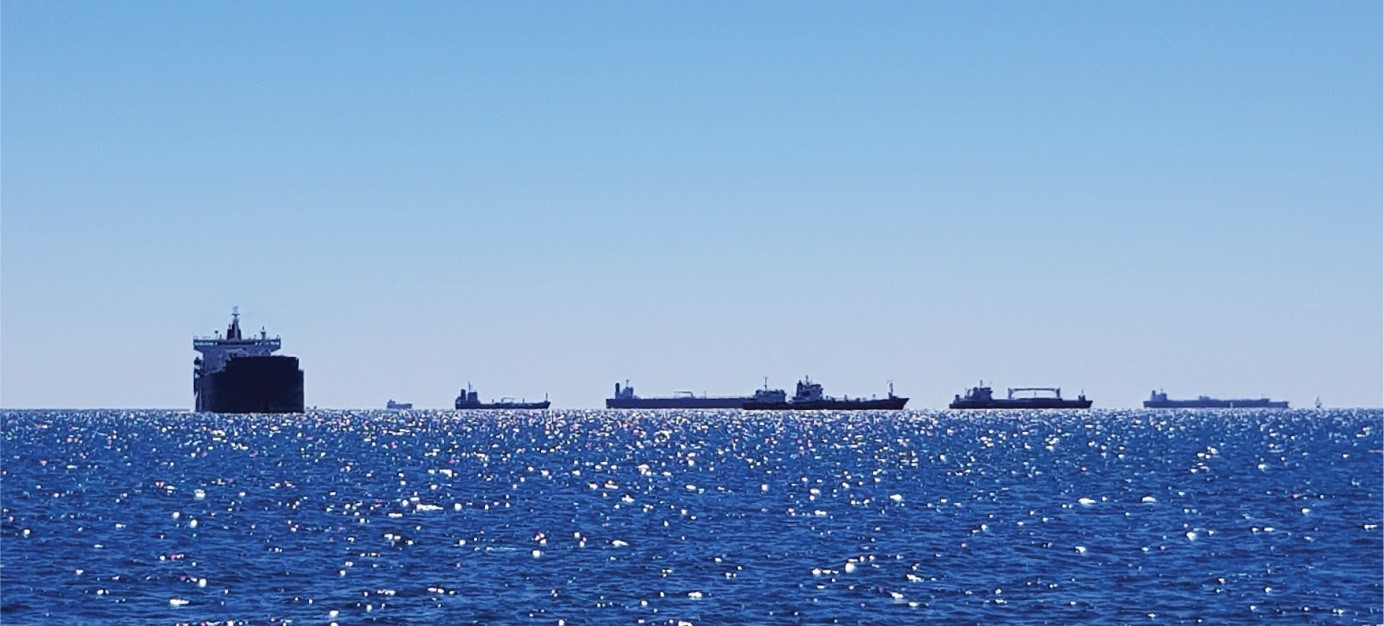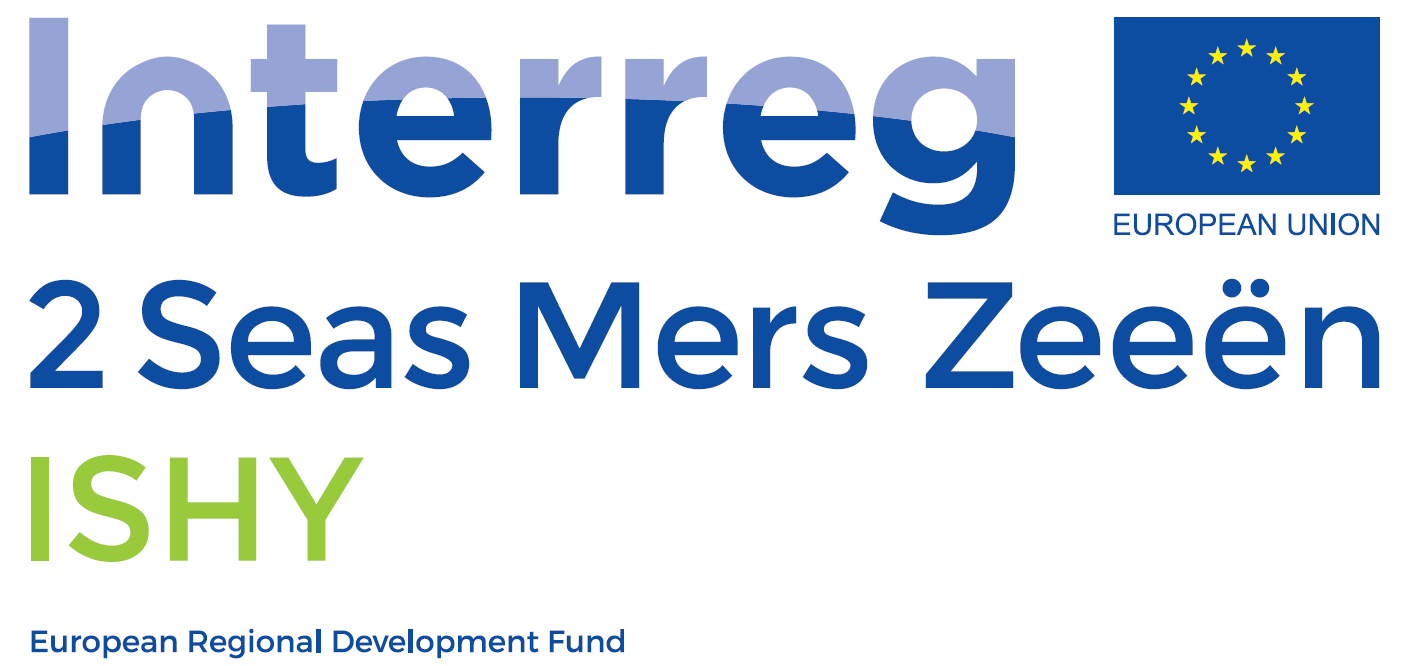The Implementation of Ship HYbridization (ISHY)
The Implementation of Ship HYbridization (ISHY) project aims at the development, testing and validation of technical tools and socio-economic models for the implementation of hybrid and hydrogen fuel cell technologies in vessels and ports, and realising the development and demonstration of the feasibility of these technologies by retrofitting different types of existing vessels, different kinds of new built vessels and new bunkering facilities in ports in order to increase the adoption likelihood of this low or zero carbon technology in a sector with high impact potential.
In concrete, the following pilots will be realized:
- Construction of a Crew Transfer Vessel (CTV) with hydrogen propulsion system.
- Retrofitting of an inland barge with a hydrogen based propulsion system.
- Construction of a new passenger vessel (400 pax) with a full hydrogen propulsion system.
- Installation of hybrid configuration in a small inspection craft.
- Development of a hydrogen fuel cell module, to be used in different types of vessels.
- Concept of hydrogen bunkering facilities in function of the effective needs of the market.
- A methodology in order to retrofit small craft vessels.
- Integrated business cases for the retrofitting of vessels or to build new vessels, utilizing hydrogen propulsion systems.
- Supporting tools for certification hydrogen vessels and bunkering facilities.
The project brings together a number of partners which include a variety of fleet owners, engine builders, knowledge institutions and port authorities. The following are the partners involved in the project:
- Industrial and maritime partners: Zilvermeeuw BV, Geo Aqua, Yerseke Engine Services, Hybrid Marine LTD, Zepp solutions, Lloyds Register EMEA, Vera Cruz Shipping Bvba, Parkwind NV.
- Regional development and port authorities: Haven Oostende, Impulse Zeeland.
- Knowledge institutions: Solent University, Waterstofnet, TU Delft, Polytechnical University Hauts-de-France, Vives
TU Delft’s primary focus in the project is the development of a methodology to choose the powertrain components of optimum power rating and technology for a hybrid vessel in order to reduce its CO2 emissions. This involves a comprehensive overview of component, the development of a library of component models, and the methodology to choose the optimal component.
Further details of the ISHY project can be found at – www.interreg2seas.eu/en/ISHY
Contact information
Ali Haseltalab (a.haseltalab@tudelft.nl)
Udai Shipurkar (u.shipurkar@tudelft.nl)
Rudy R. Negenborn (r.r.negenborn@tudelft.nl)
Henk Polinder (h.polinder@tudelft.nl)

